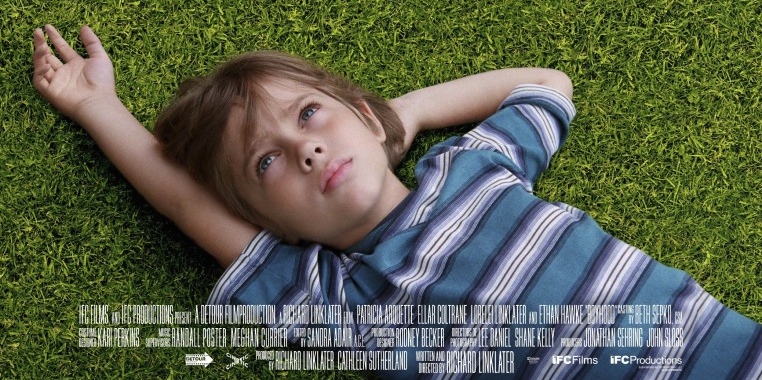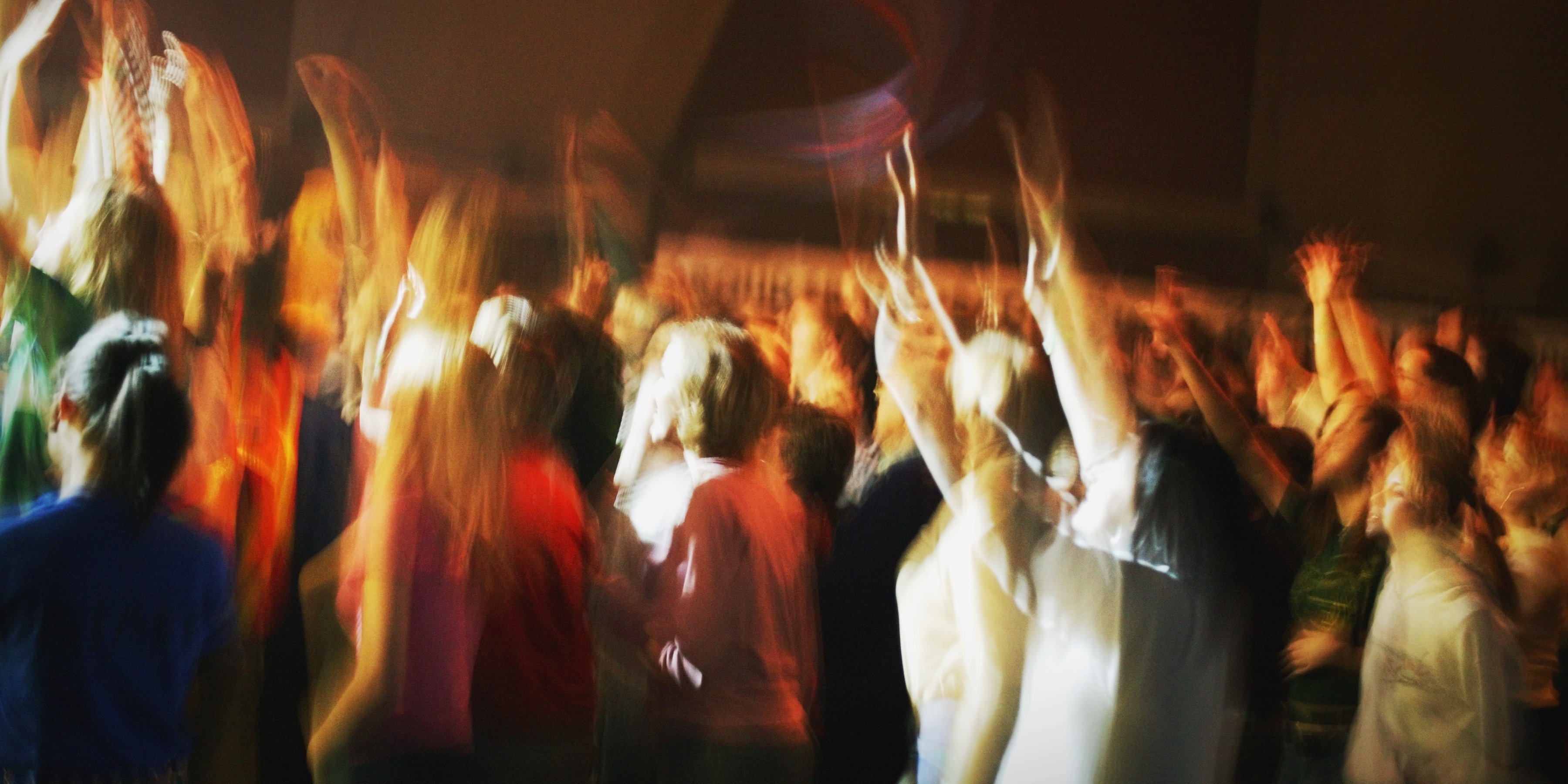The other night I was mentally exhausted from writing frenetically on two book projects, so I did a Binx Bolling and slipped off to a late-night movie. The film was “Boyhood,” directed by Richard Linklater, filmed over twelve years with the same cast. I’m glad I was in an almost empty theater, because I sat there in tears.
To be honest, I went mostly for cultural analysis, to be prepared to answer questions about it. The film is groundbreaking in approach, and deals with the issues I work with every day, family dissolution and substance abuse and so on. But this film is about more than that. It’s about, as Jesus put it, sin, righteousness, and judgment.
Let me put my culture-warrior armor on first for moment, since that’s what I was expecting to be as I sat there. The film shows honestly what can happen when marriages break apart. The child Mason, whose perspective guides the film, moves from school to school, peer group to peer group, and from one drunk, mean, abusive stepfather to another.
In the father, played by Ethan Hawke, I saw a familiar figure, the fun but irresponsible adult. In his constant political opinions, I recognized what I see everyday on social media. The people who can least keep their lives together seem often to be the most willing to be Facebook warriors, fighting it out on politics or religion.
I winced at the profanity, the violent bullying, and the awful situations this young man found himself in. But my response wasn’t what I thought it would be. It wasn’t, “See! This why fathers are crucial,” as true as that is. Instead, I found myself breaking down in tears, because Mason in the film was, alternatively, the ages of four of my sons. I could imagine, through his eyes, them having to navigate all this trauma.
More than that, I wept as I saw short-sighted, impatient adults who just couldn’t have mercy on this hurting, awkward kid. I wept as I considered all the time when, in the whirl and bustle of our lives, I am diligent to maintain discipline and order (as is absent in this family often), but I am too often a failure at showing mercy and just letting some things go. I could feel myself saying, “Lord have mercy on me, a sinner.”
As I reflect on it more, the more I think I’m not sure I have ever seen a soundtrack that more closely fit a film. That’s especially true of the song “Hero” by Family of the Year: “I don’t want to be a big man; I just want to fight with everyone else…Baby needs some protection, but I’m a kid like everyone else.” The adults in this movie feel like “kids like everyone else,” but there are some babies who need their protection.
At the end of the film, the mother (whom I loved) blurted out that she hated to see her son leave home because it meant the next life-event would be her funeral. Watching this child grow up in two and a half hours reinforced the brevity of life for me, especially as it relates to the rearing of children. I could hear James saying, “What is your life? For you are a mist that appears for a little time and vanishes (Jas. 3:13). I went home and wanted to wake my sons up and tell them I loved them.
This movie is not for everyone. The moral compass is hardly Christian, or even Stoic. Look at content advisories before you decide whether it’s a good idea for you to see it.
I went in expecting to do cultural analysis. But instead I just prayed and groaned, and realized how dependent I am on my Father to be a father.
—–








